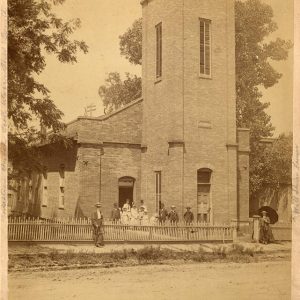 First Christian Church
First Christian Church
Entry Category: Religion
 First Christian Church
First Christian Church
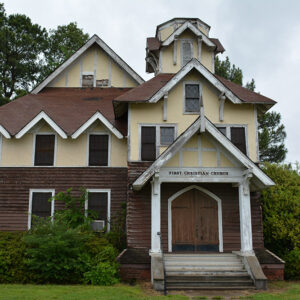 First Christian Church
First Christian Church
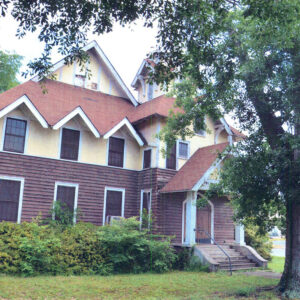 First Christian Church
First Christian Church
First Christian Church (Lonoke)
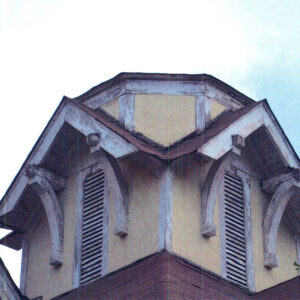 First Christian Church Detail
First Christian Church Detail
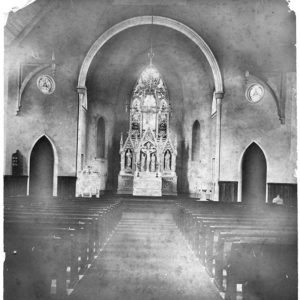 First Lutheran Interior
First Lutheran Interior
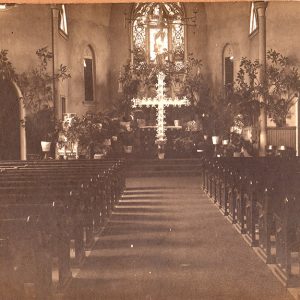 First Lutheran Interior
First Lutheran Interior
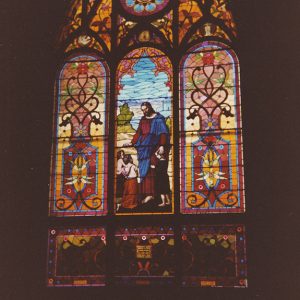 First Lutheran Interior
First Lutheran Interior
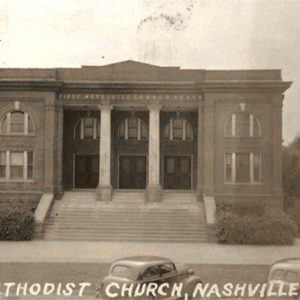 First Methodist Church
First Methodist Church
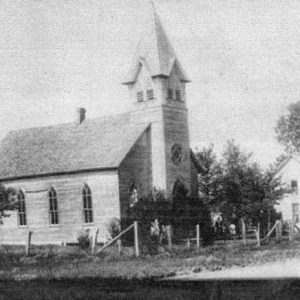 First Methodist Episcopal Church North
First Methodist Episcopal Church North
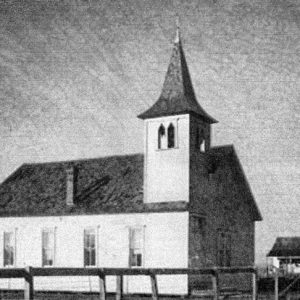 First Methodist Episcopal Church North
First Methodist Episcopal Church North
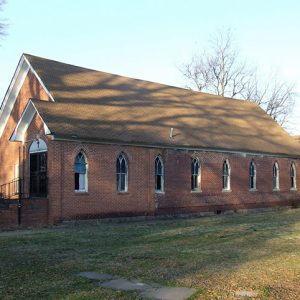 First Missionary Baptist
First Missionary Baptist
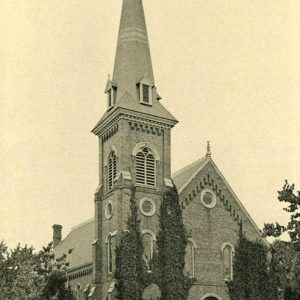 First Presbyterian Church
First Presbyterian Church
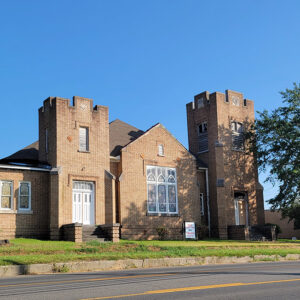 First Presbyterian Church (Fordyce)
First Presbyterian Church (Fordyce)
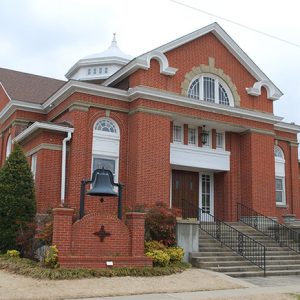 First United Methodist
First United Methodist
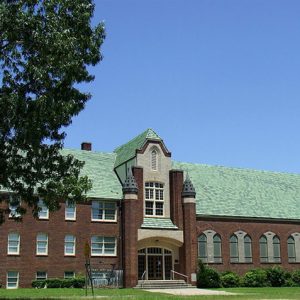 First United Methodist Church
First United Methodist Church
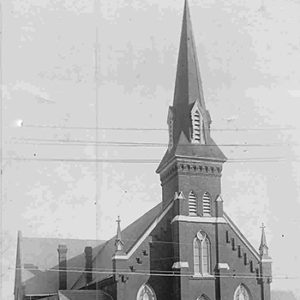 First United Methodist Church
First United Methodist Church
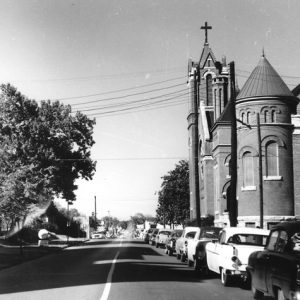 First United Methodist Church
First United Methodist Church
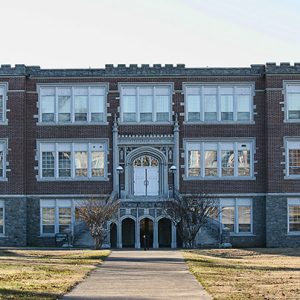 Fitzgerald Hall
Fitzgerald Hall
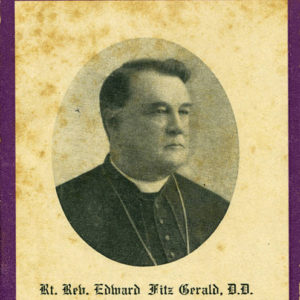 Fitzgerald Mourning Card
Fitzgerald Mourning Card
Fitzgerald, Edward Mary
Fletcher, Albert Lewis
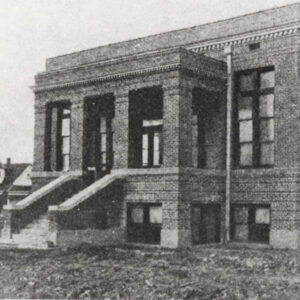 Foreman Church
Foreman Church
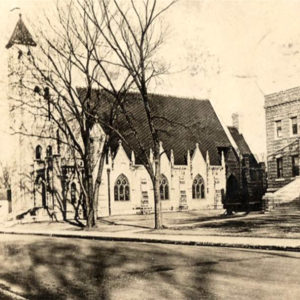 Fort Smith Presbyterian Church
Fort Smith Presbyterian Church
Foucault, Nicolas
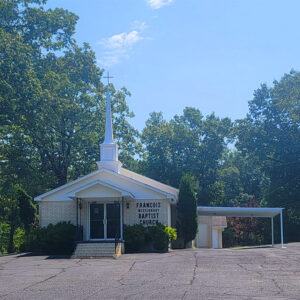 Francois Church
Francois Church
Freeman, George Washington
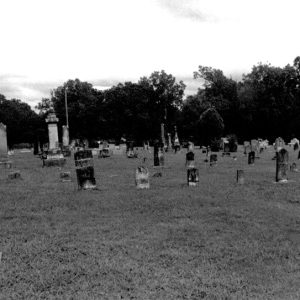 Frenchman's Mountain Cemetery
Frenchman's Mountain Cemetery
Frenchman’s Mountain Methodist Episcopal Church and Cemetery
aka: Cato United Methodist Church and Cemetery
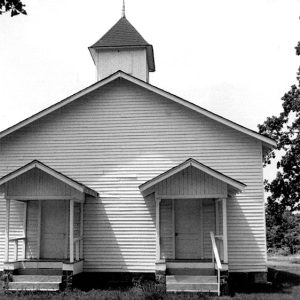 Frenchman’s Church
Frenchman’s Church
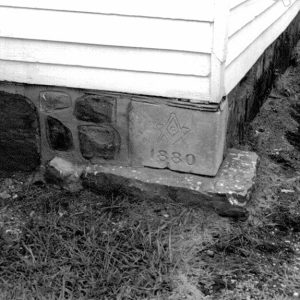 Frenchman’s Mountain Cornerstone
Frenchman’s Mountain Cornerstone
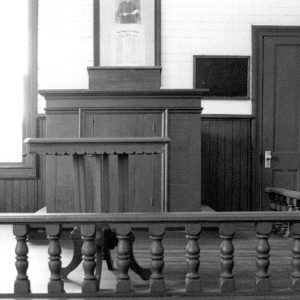 Frenchman’s Mountain Pulpit
Frenchman’s Mountain Pulpit
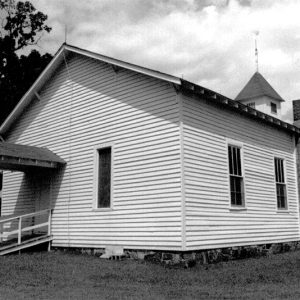 Frenchman’s Mountain Rear
Frenchman’s Mountain Rear
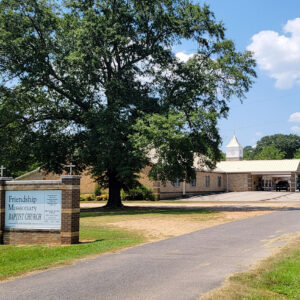 Friendship Church
Friendship Church
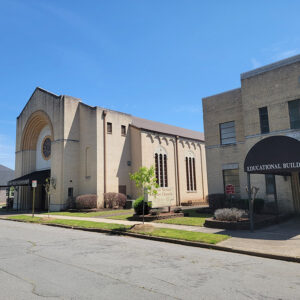 Gaines Street Baptist Church
Gaines Street Baptist Church
Galatia Church
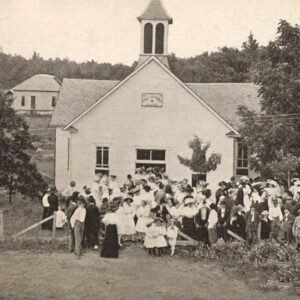 Garfield Church
Garfield Church
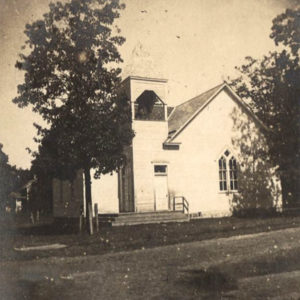 Gentry Church
Gentry Church
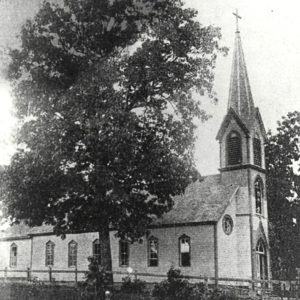 German Catholic Church
German Catholic Church
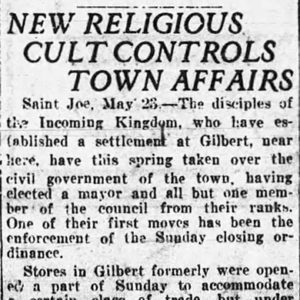 Gilbert Takeover
Gilbert Takeover
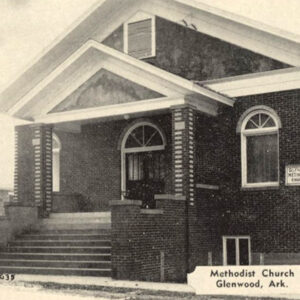 Glenwood Church
Glenwood Church
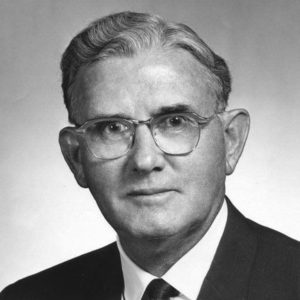 Conrad Glover
Conrad Glover
God’s Not Dead 2
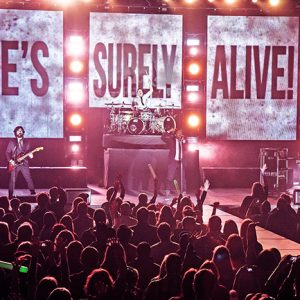 God's Not Dead 2
God's Not Dead 2
 God's Not Dead 2 Poster
God's Not Dead 2 Poster
God’s Not Dead: A Light in Darkness
Gospel Music
Graham, David Crockett (D. C.)
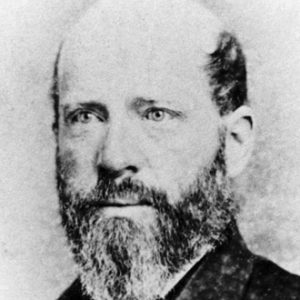 Robert Graham
Robert Graham




